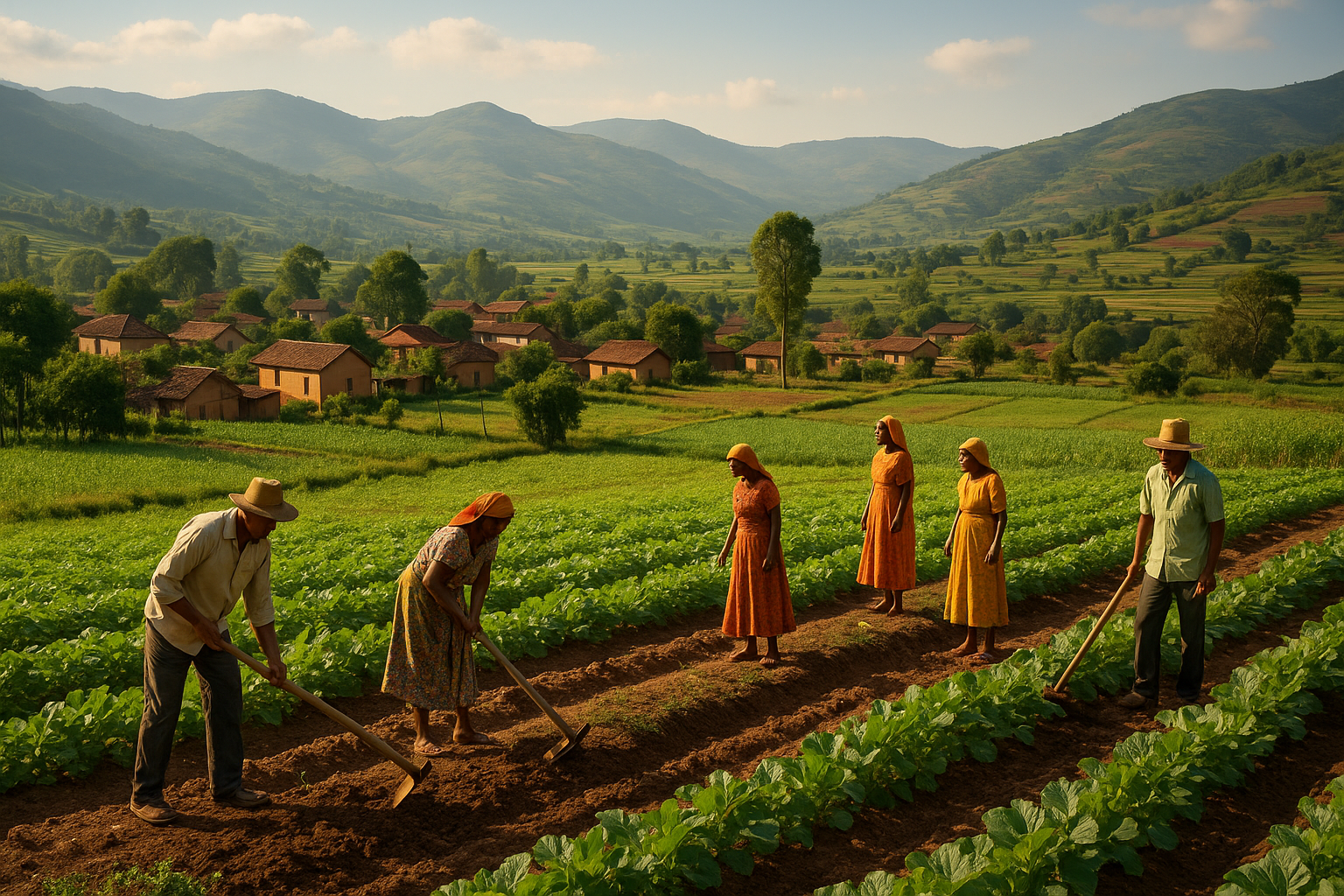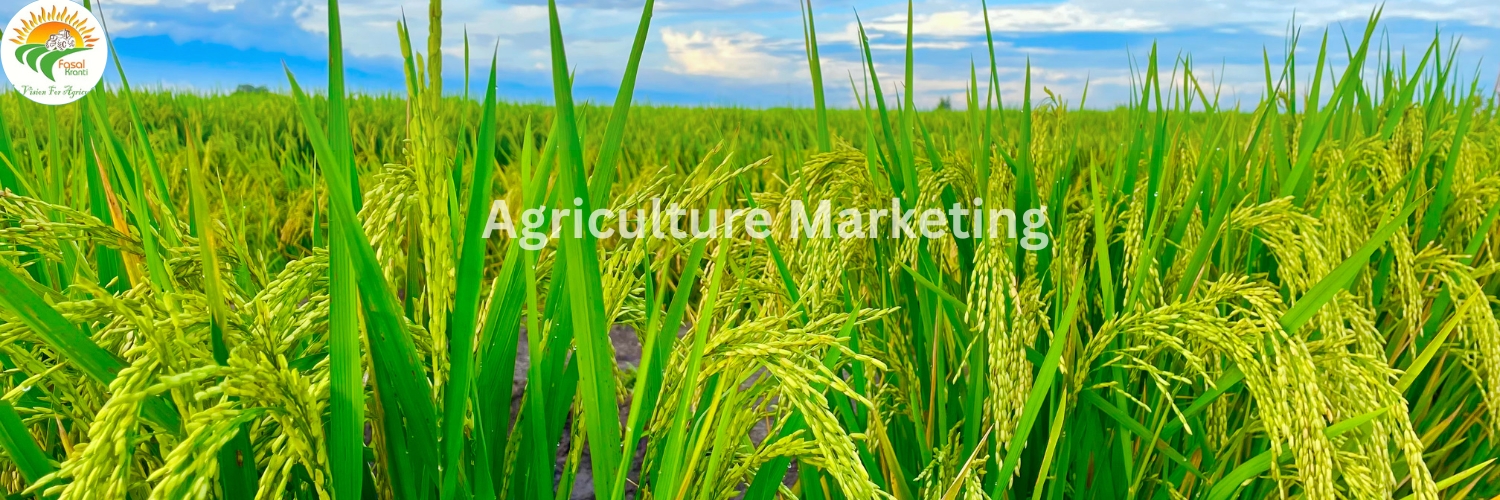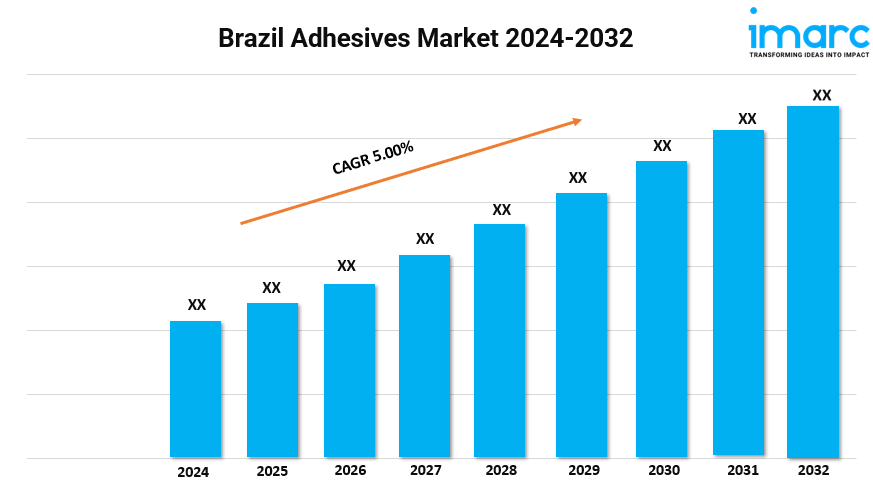Sustainable Rural Development 2025: Top Strategies for Inclusive and Long-Lasting Growth
Introduction: Rural development is the process of enhancing the quality of life and economic well-being of people living in remote and sparsely populated areas. As we move into 2025, the need for sustainable rural development becomes more critical, with over 45% of the global population residing in rural regions. The focus must shift toward inclusive and long-lasting development models that uplift these communities without harming the environment.
Why Sustainable Rural Development Matters: Sustainable rural development intertwines three crucial pillars: economic growth, environmental stewardship, and social equity. Ignoring rural communities means risking food security, losing biodiversity, and exacerbating urban migration. Strategies that nurture self-sufficiency and ecological balance will secure a stable and prosperous future for all.

Community-Led Development Models: One of the most impactful strategies is community participation. When locals design, lead, and manage their own development projects, outcomes are more successful and culturally appropriate. Community-based natural resource management, village development committees, and participatory rural appraisal (PRA) methods empower people to take ownership and build trust within the system.
Enhancing Agricultural Sustainability: Agriculture is the backbone of most rural economies. In 2025, the focus is on:
- Organic and Regenerative Farming: Encouraging natural inputs to improve soil health.
- Efficient Irrigation Systems: Drip and sprinkler systems conserve water.
- Crop Diversification: Reduces risk and improves food security.
- Agroforestry and Permaculture: Integrating trees and shrubs with crops and livestock.
These practices help balance productivity with sustainability, ensuring long-term agricultural health.

Rural Infrastructure and Connectivity: Basic infrastructure such as all-weather roads, electricity, and internet are transformative. Connecting villages to towns opens up markets and access to services. Digital infrastructure now plays a critical role in ensuring people can access telehealth, online education, and e-commerce opportunities.
Education and Skill Development in Rural Areas: Education remains a pillar of rural empowerment. Key innovations include:
- Mobile Learning Units: Reaching isolated areas with digital tools.
- Vocational Training Centers: Teaching trades like carpentry, plumbing, or IT skills.
- Bridging the Digital Divide: Providing internet access and training.
These efforts not only boost employability but also cultivate local leaders and innovators.

Healthcare Access and Sanitation: In many rural areas, basic healthcare is still inaccessible. Strategies that work include:
- Mobile Clinics: Bringing health services directly to the people.
- Sanitation Campaigns: Promoting hygiene through public toilets and awareness.
- Clean Water Initiatives: Using simple filtration technology and rainwater harvesting.
Investing in rural health leads to a healthier, more productive population.
The holistic approach outlined in 'Sustainable Rural Development 2035: Top Strategies for Inclusive and Long-Lasting Growth' offers a compelling blueprint that advocates not just economic but ecological, social, cultural intertwinement towards an equitable future grounded on resilience.
Sustainable Rural Development 2035 poses a holistic blueprint for inclusive and long-lasting growth, blending innovative strategies with traditional wisdom to nurture rural economies that thrive into the future.
The report, Sustainable Rural Development 2054: Top Strategies for Inclusive and Long-Lasting Growth, articulates a comprehensive plan to advance rural areas towards resilience through inclusive approaches that balance economic progress with environmental stewardship.
Sustainable Rural Development 2035: Unleashing Innovative Strategies for Inclusive, Long-Lasting Growth offers a roadmap to balance rural prosperity with environmental stewardship and community empowerment - ensuring that no region is left behind in the quest towards sustainable livelihoods.
The blueprint 'Sustainable Rural Development 2025: Top Strategies for Inclusive and Long-Lasting Growth' presents an empowerment agenda that skillfully integrates rural welfare, environmental protection with economic prominence in a way to ensure inclusive prosperous communities into the future.














